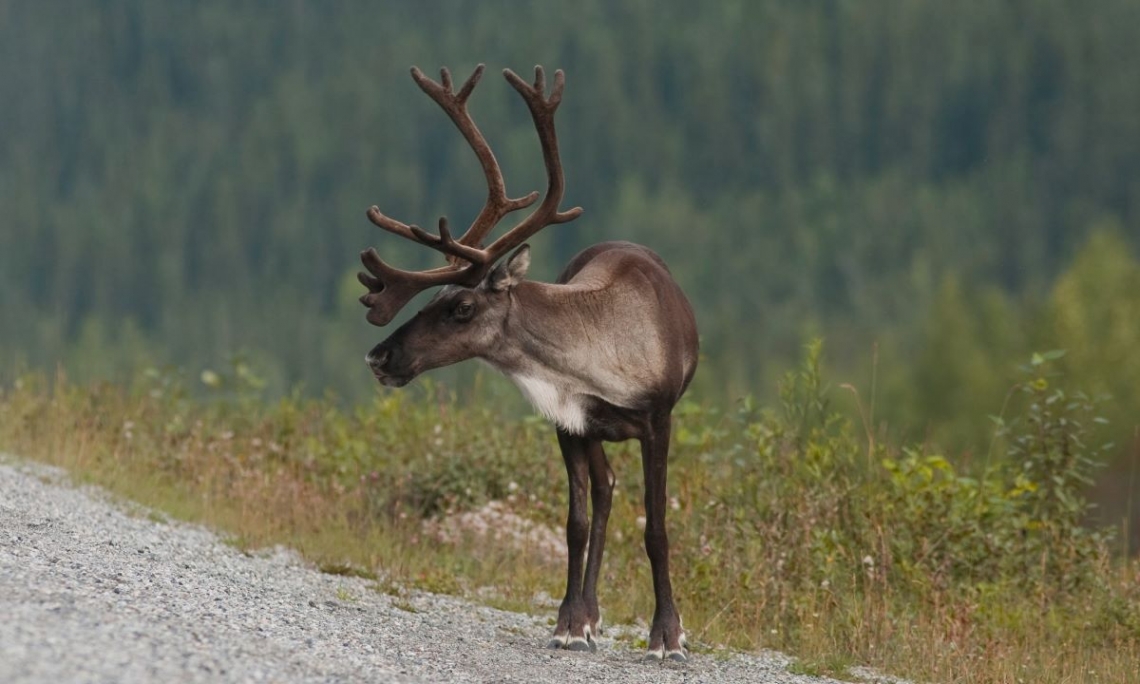DetourGold – Mammals Monitoring Program


Wood was awarded a contract in 2008 to undertake baseline wildlife assessments in the study area and develop and conduct a long-term mammals monitoring program (focused on caribou, moose and wolves). The monitoring program measures wildlife responses to mine redevelopment locally as well as more regionally within the Kesagami range and informs mitigation and compensation components of provincial Species at Risk approvals. Monitoring objectives are focused on identifying important seasonal habitat areas that have the potential to be directly or indirectly impacted by the mine or any future expansion. The focus of the monitoring program is on delineating more detailed baseline information on spatio-temporal parameters of woodland caribou including annual and seasonal range use, fidelity to core use and/or seasonal ranges that may directly inform impact assessments as well as compensation and mitigation strategies to be implemented. A road network habitat restoration project is in the initial consultation/planning phase. Caribou monitoring methods undertaken at the range scale include satellite telemetry (n=20 collars and mortality investigations), systematic aerial surveys of ungulate-wolf occurrence and caribou herd composition. The caribou surveys include group classification (age, sex) and calf recruitment to support population modelling of state and vital rates.